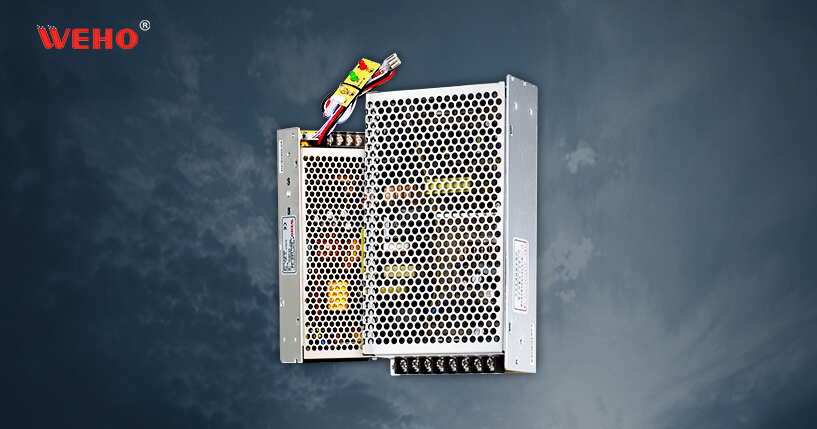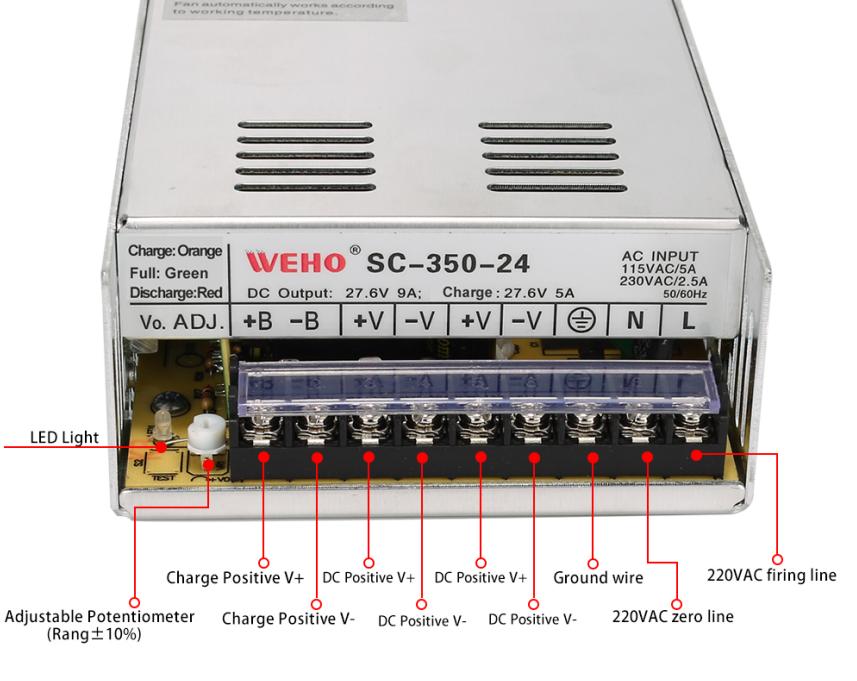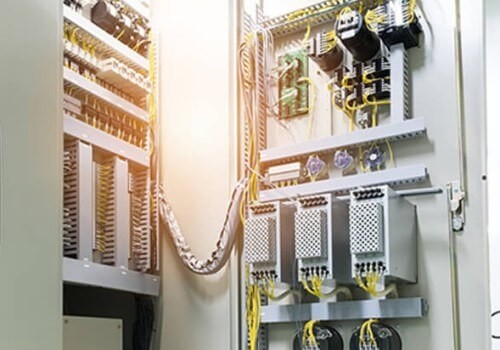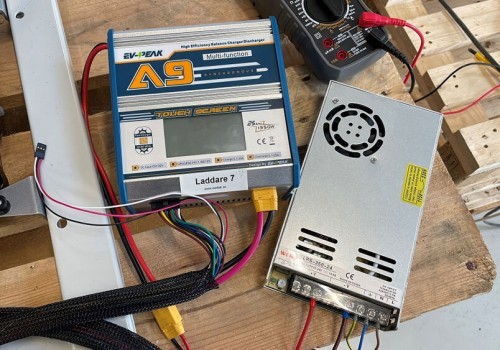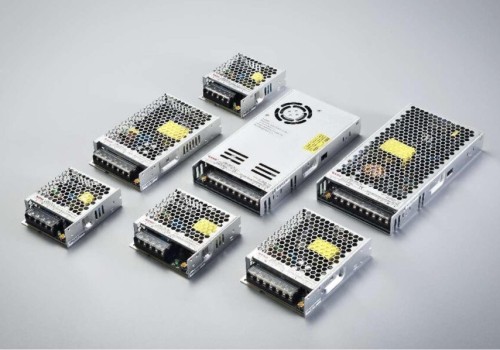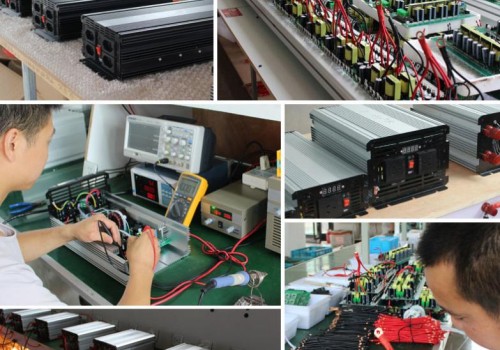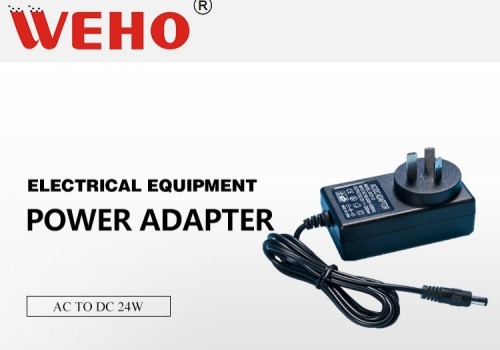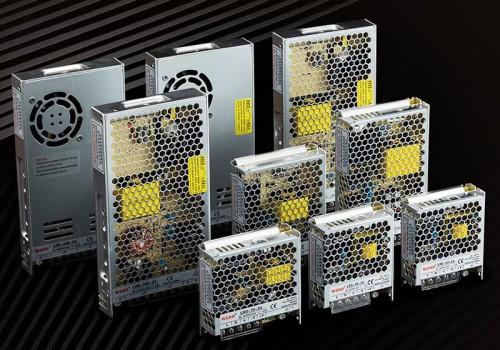While inverters and UPS (uninterruptible power supply) battery systems are both used to provide backup power, there are distinct differences between the two. An inverter is a device that converts direct current into alternating current. A UPS is an uninterruptible power supply that provides backup power to electronic equipment during a power outage.
In this blog, we will explore the difference between power inverters and UPS battery systems, comparing their functions, features, and applications. By the end, you’ll have a clear understanding of the benefits and limitations of each method so you can make the right choice to keep your home or business powered.


